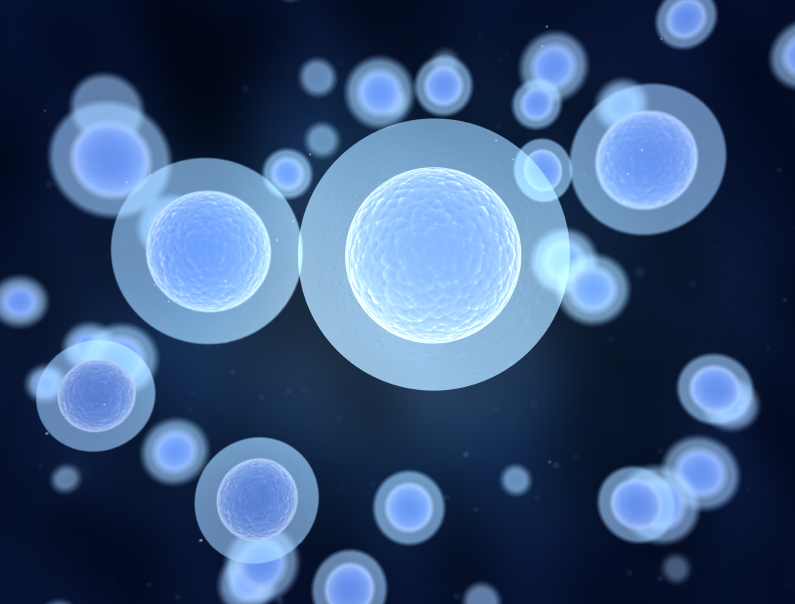Scientists have successfully reprogrammed murine cells to the “totipotency” stage. Human body cells have already been reprogrammed into “pluripotent” cells or iPS since Professor Yamanaka’s discovery in 2006, but this new finding reprograms cells to a further stage. This has only been tested in mice to date.
These studies were carried out by German and French scientists under the supervision of Maria-Elena Torres Padilla, Inserm Research Director within the IGBMC (CNRS/Strasbourg University /Inserm), and Juanma Vaquerizas, from the Max Planck Institute in Munster. Their results have just been published in the Nature Structural & Molecular Biologyjournal.
“Totipotent” cells are “not only capable of producing a whole embryo but also the accompanying placenta and umbilical cord”, whereas “pluripotent” cells lose part of this capacity. They are “capable of differentiating themselves in any kind of tissue but (…) they cannot create an entire foetus on their own”.
“Scientists working in Germany and France wanted to overcome this hurdle and establish why this “return” to the totipotent state was not feasible in the laboratory”.To this end, they studied the DNA of totipotent and pluripotent cells to determine the difference between them.The process of DNA condensation, i.e. the structure of DNA, highlights both types of cells. “Scientists have shown that the DNA of totipotent cells is less ‘condensed’ and that the expression of the ‘CAF1 protein complex’ was reduced”.
“These results shed more light on understanding totipotency and suggest promising avenues for regenerative medicine. A few obstacles have yet to be overcome in order to achieve this and further work is needed on these human cells, the origins of which have already been investigated as far as the embryo stage. There is no time to lose,” concluded Jean Yves Nau.
Jean Yves Nau (03/08/2015)

